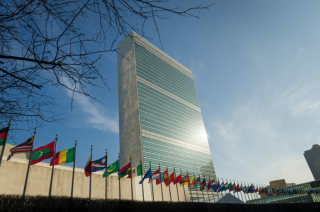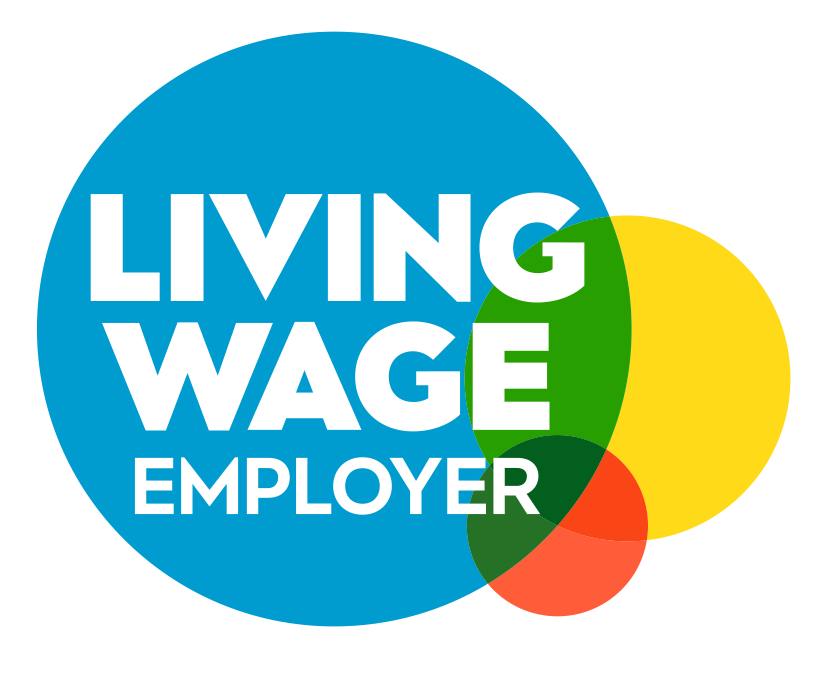Ahead of a critical moment on the global development calendar, Atalanta has gathered insights from our Senior Advisors and contacts—including experienced diplomats, philanthropic leaders, and senior officials in multilateral organisations—on the key issues to watch at this month’s United Nations General Assembly and the Summit of the Future.
Widely acknowledged as UN Secretary-General Antonio Guterres’ legacy event, the Summit is not taking place at a propitious time for the international community with ongoing conflicts and declining human rights observances worldwide. After months of intense negotiations on the Summit’s key text, the Pact for the Future, the mood heading into UNGA is somewhat muted, with expectations likely to fall short in a wide range of issue areas. The Pact’s “zero draft” has been criticised by groups for vague language and omissions on critical issues including gender equality and education. At the same time, the Secretary-General’s attempt to close the funding gap on the Sustainable Development Goals (SDGs) with a $500 billion stimulus package has received pushback.
There is still cause for optimism, however, as climate action continues to dominate this year’s UNGA. There is widespread consensus that the world has not acted fast enough or been ambitious enough to limit global temperature rises to 1.5 degrees Celcius. Throughout the General Assembly, there will be plenty of opportunities to address critical challenges facing sustainability and conversation and drive forward firm commitments, including during the concurrent Climate Week NYC, which is hosted by the Climate Group, chaired by Atalanta Senior Advisor Mike Rann. The challenge for campaigners will be to ensure the less high-profile issues in the climate debate, such as nature and biodiversity loss, are given the attention they deserve.
Global health is also set to be a focus during UNGA79, as the second High-Level Meeting (HLM) on Antimicrobial Resistance (AMR) will soon get underway. Described by the World Health Organization as a ‘silent pandemic’, AMR is a multisectoral challenge which requires sustained international collaboration to resolve. Yet, progress on AMR has faced major setbacks since its first HLM in 2016, as the international community struggles to find incentives for wealthy countries to finance the production of new antibiotics. Just as last year’s HLM on pandemic prevention, preparedness, and response (PPPR) proved a test of the international community to agree on quantifiable targets for an independent monitoring system, so this year’s HLM on AMR will similarly require trust between countries to share knowledge and collaborate effectively to drive progress on one of the world’s most complex health challenges.
Although new challenges for the international community, such as AI regulation are receiving attention during UNGA and the Summit, two longstanding issues have been highlighted as not receiving enough attention: gender equality and education. Following an outcry from civil society organisations and UN agencies on the zero draft’s lack of commitment on either of these two topics, it seems likely that progress will need to be reinvigorated following UNGA in sector-specific fora. UNESCO’s 2024 Global Education Meeting and UN Women’s Commission on the Status of Women (CSW) will both offer opportunities to provide specific focus to these issues and position them more firmly on the global agenda.
Whilst UNGA and the Summit of the Future are undoubtedly key moments in the international development calendar, it is important to remember that they are not the only ones. Once they have passed, it will be down to individual organisations—and governments—to pick up the mantle and inject new energy into achieving the SDGs.
If you would like a copy of the White Paper, please do reach out to our Chief Executive Officer, Elizabeth Ames, at elizabeth@atalanta.co. If you’d like to find out more about our work engaging complex networks of high-level stakeholders who cut across sectors and geographies, click here.




